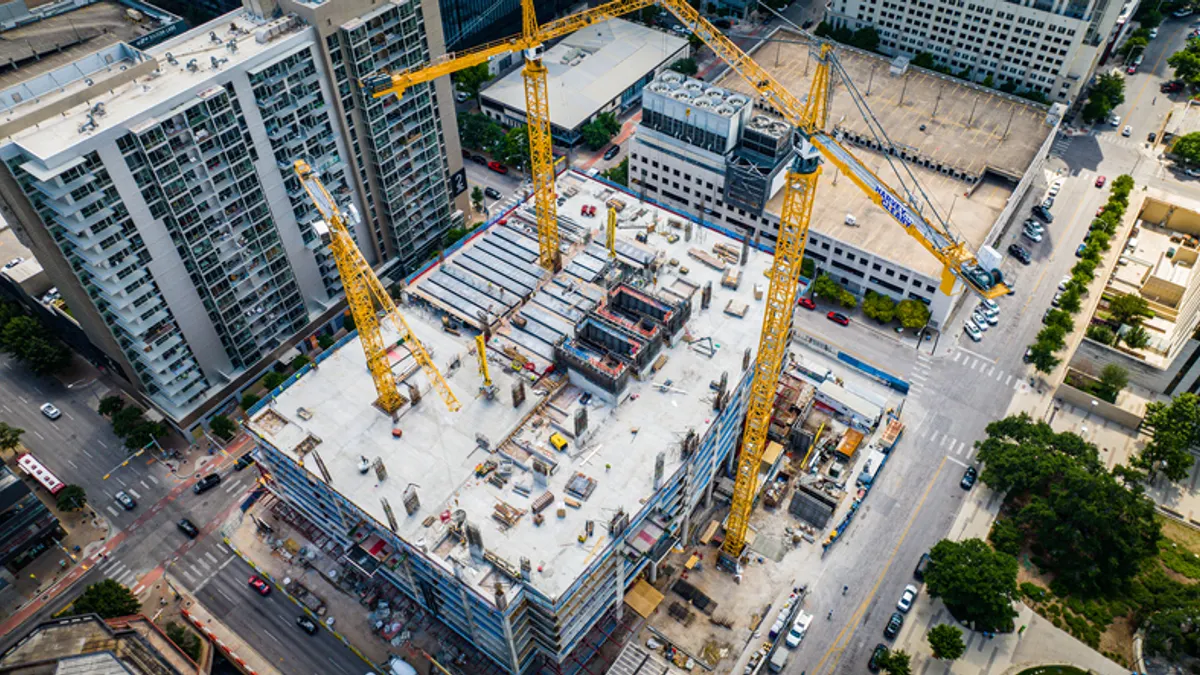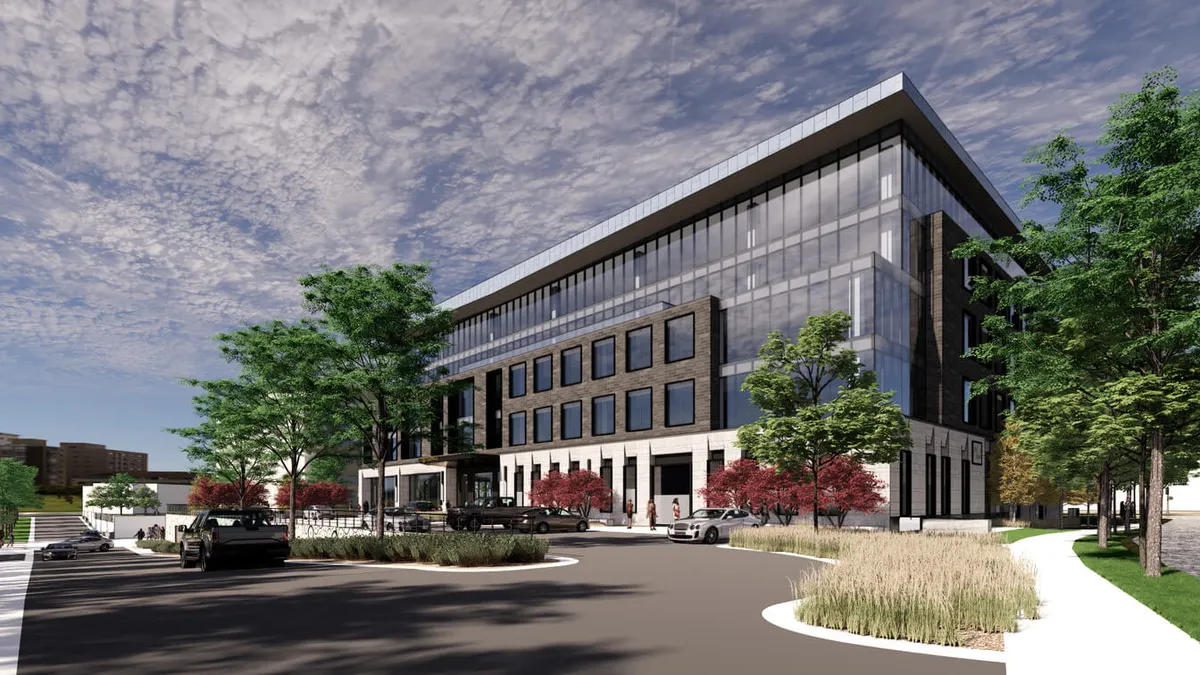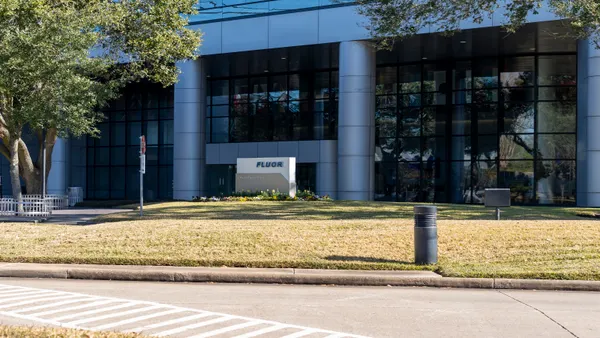Dive Brief:
- The California High Speed Rail Authority has agreed to pay lead contractor Tutor Perini $63.6 million, resulting from bullet train delay charges ($50 million) and schedule acceleration fees ($13.6 million), The Los Angeles Times reported.
- Tutor Perini, which already had a $1 billion contract to build the first 29 miles of the rail system, said it mobilized equipment and personnel to begin the project in 2013 as scheduled, but that the lack of necessary land purchases by the authority forced costly delays.
- Rail authority officials said the additional funds will come out of its reserves but added that the budget and overall schedule will not be affected.
Dive Insight:
In addition to the multimillion-dollar change order, the rail authority also gave Tutor Perini an extra 17 months to complete the project, based on a six-day workweek. The authority blamed "legal maneuvers and other tactics" on behalf of those opposed to the rail project for the land acquisition delays.
In March, The Times revealed that the authority was facing similar delay claims from other contractors that could result in as much as $400 million in change orders and extra costs. At the time, Tutor Perini had made only one change order request for $51.7 million, but that didn't include price changes that experts expected to later be revealed.
The state of California, which has invested $10 billion in the bullet train project, has been putting pressure on the authority ever since a Times investigation suggested that the agency had not been open with legislators about the cost and feasibility of the project. Since The Times published the results of that investigation, the state Legislature has held several special hearings and inquiries into the system's operations.
Last month, Reuters reported that given the regulatory hurdles and politics of such high profile projects, U.S. high-speed and light-rail developers are seeking private investors to back their projects instead of government agencies. The report said developers were increasingly concerned about the strings attached to government money. Reuters also said that developers in Minnesota, Texas and Nevada are forming partnerships with Japanese and Chinese train manufacturers. However, a Chinese-backed Nevada-to-California high-speed rail plan recently fell apart largely because of government requirements that mandate rail cars be made in the U.S.












